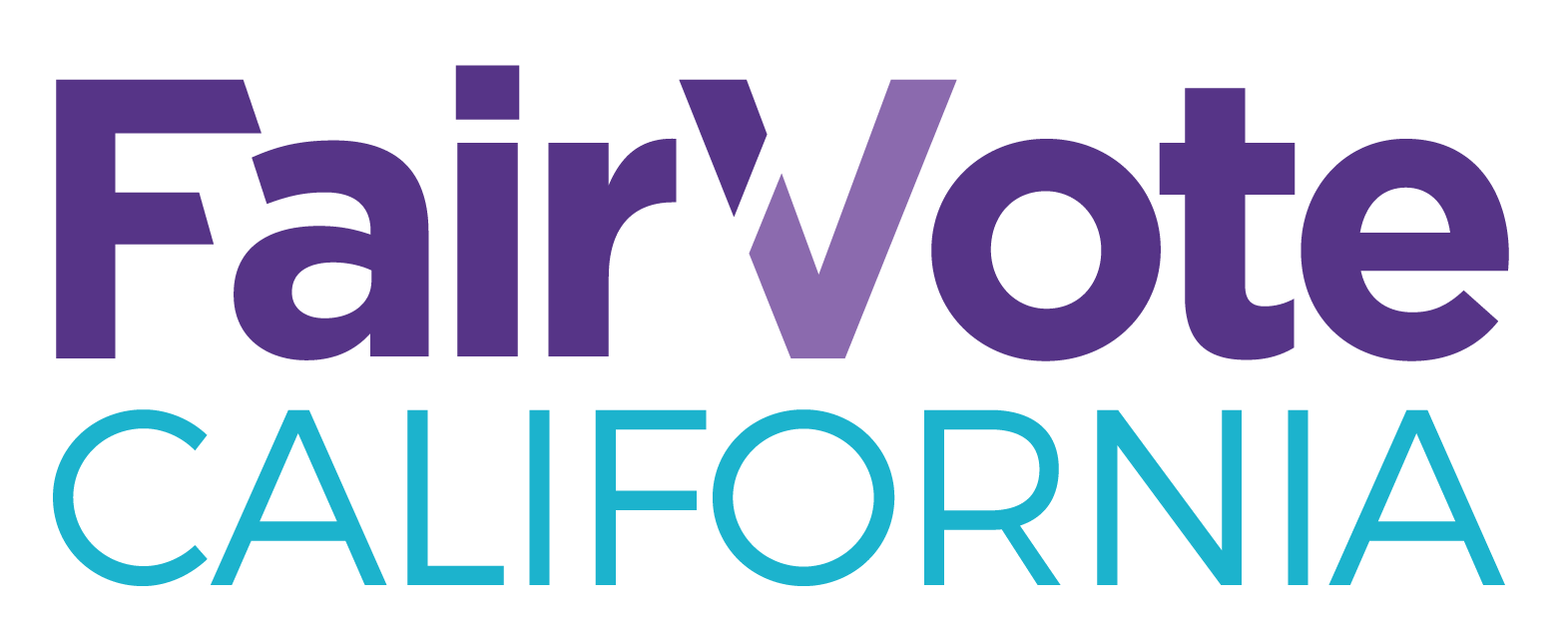Background
Ranked Choice Voting (RCV) has been used in Oakland since 2010. RCV was approved by Oakland voters in 2006 with the adoption of Measure O. Oakland elects its Mayor, City Council members, City Attorney, City Auditor, and School Board Directors using RCV.
Improving Voter Understanding and Reporting
We dedicate our efforts to this work because we know that with RCV, voters are better represented. In Oakland, RCV eliminated the need for a costly June primary election and voters only had to visit the polls once when turnout is highest in a November general election.
We are advocating for ongoing voter education and more transparent reporting of RCV elections. As a reminder, with RCV, if no candidate receives a majority of votes (50%+1), the “instant runoff” is triggered. This means that the candidate with the fewest 1st choices was defeated in the first round, and the ballots for that candidate go to those voters’ 2nd or 3rd choices. This process repeats during each round of counting until there is a majority winner.
FairVote California recommends that the Alameda County Registrar process the instant runoff despite a majority. We believe that this gives voters and the public a sense of how the winning candidate fared among all voters and helps to further clarify the election results.
Resources
Alameda County Registrar of Voters - Ranked Choice Voting
2018
Stay tuned for voter education and campaign efforts for the upcoming election.
2016
Oakland Magazine: Why Ranked Choice Voting Matters in Oakland
FairVote: Every RCV Election in the Bay Area So Far Has Produced Condorcet Winners
2014
East Bay Express: Oaklanders Understood Ranked Choice Voting
Huffington Post: Key Facts About 2014 Ranked Choice Voting Elections in Bay Area
RCV and Campaign Civility Report
Oakland North: How ranked-choice voting worked in District 1
FairVote: Visual Demonstration of How Libby Schaaf Was Elected Mayor of Oakland in 2014
2012
PublicCEO: Analysis Of 2012 Ranked Choice Voting Elections In The Bay Area: Three Points
2010
Oakland Rising: Key Facts about Oakland’s First RCV Election
FairVote: Final Results Analysis
Comparing RCV and Top-Two Primaries in Oakland

